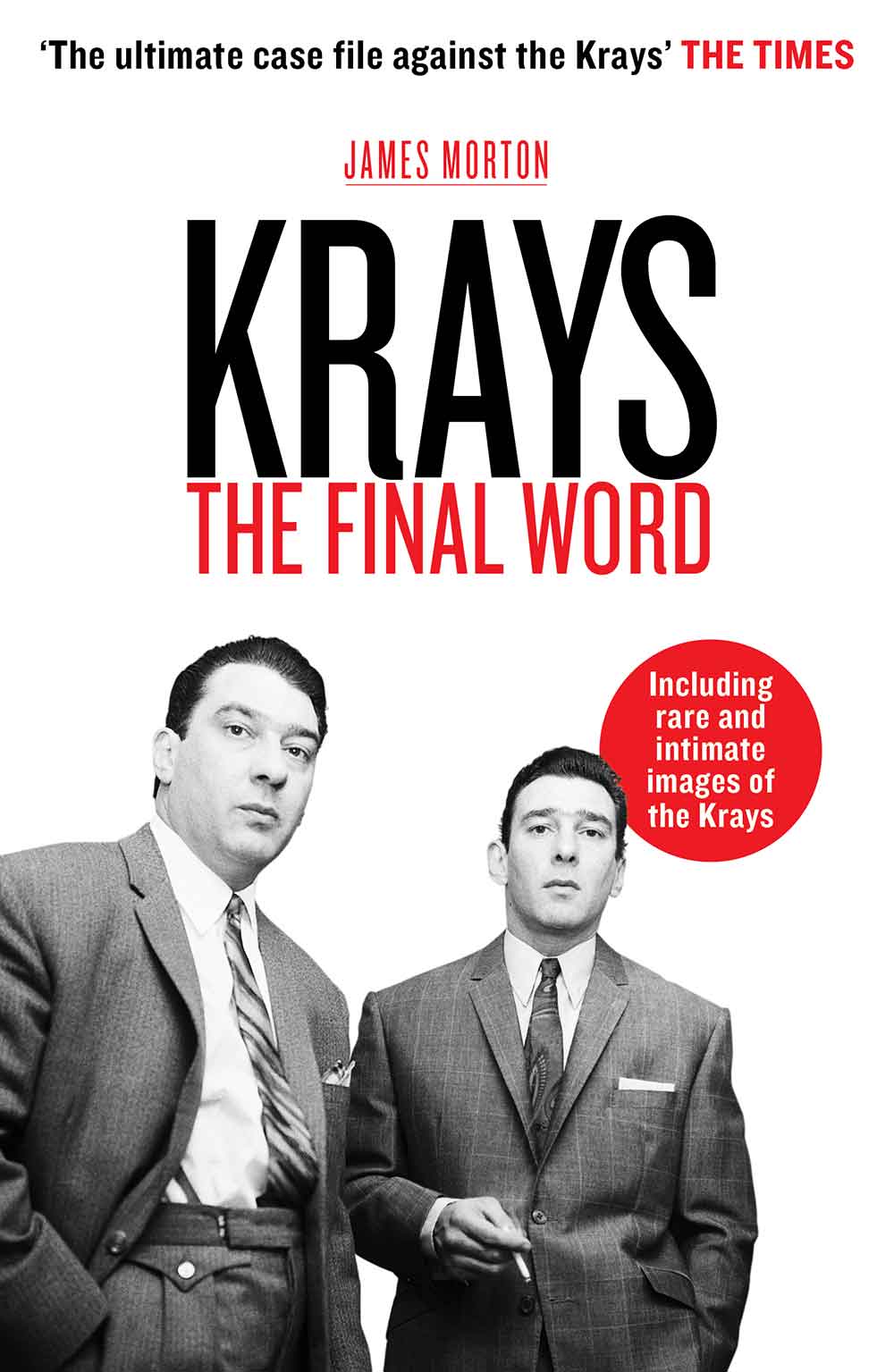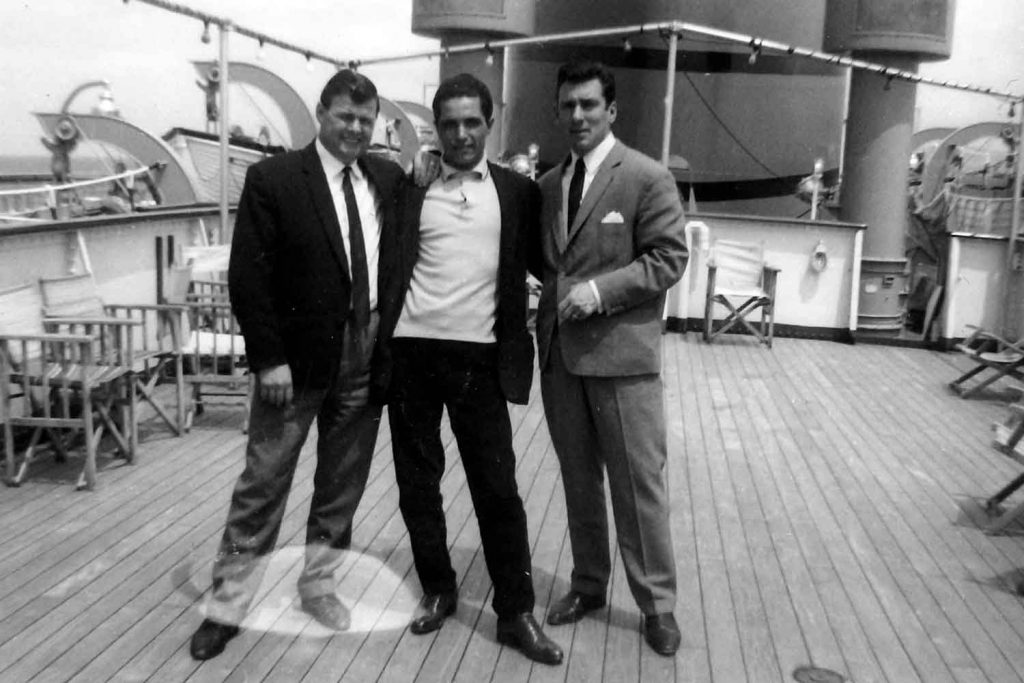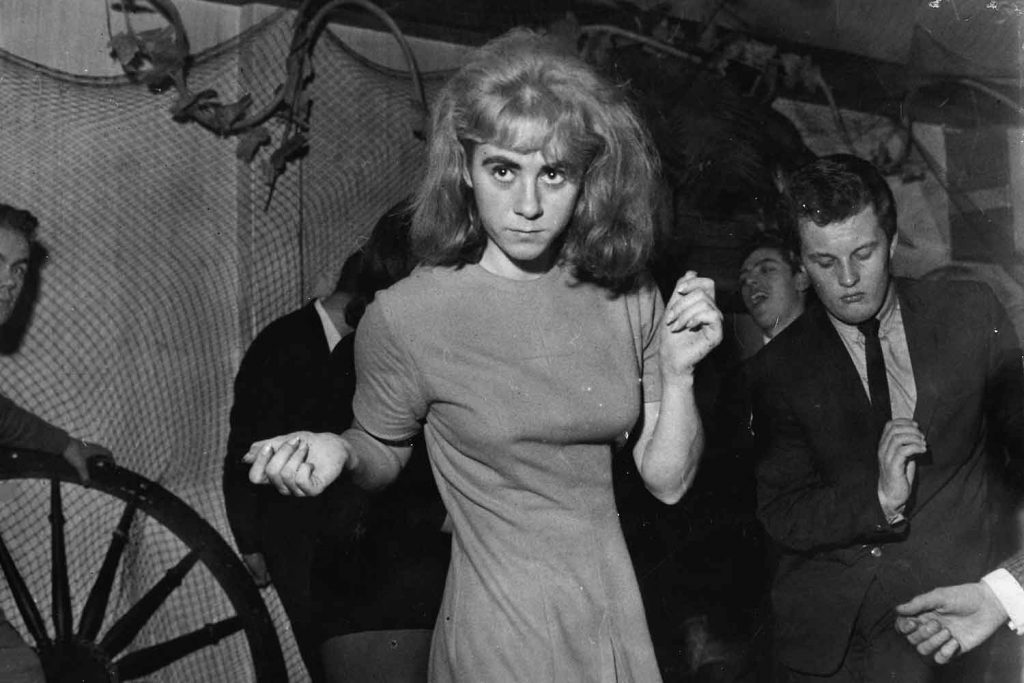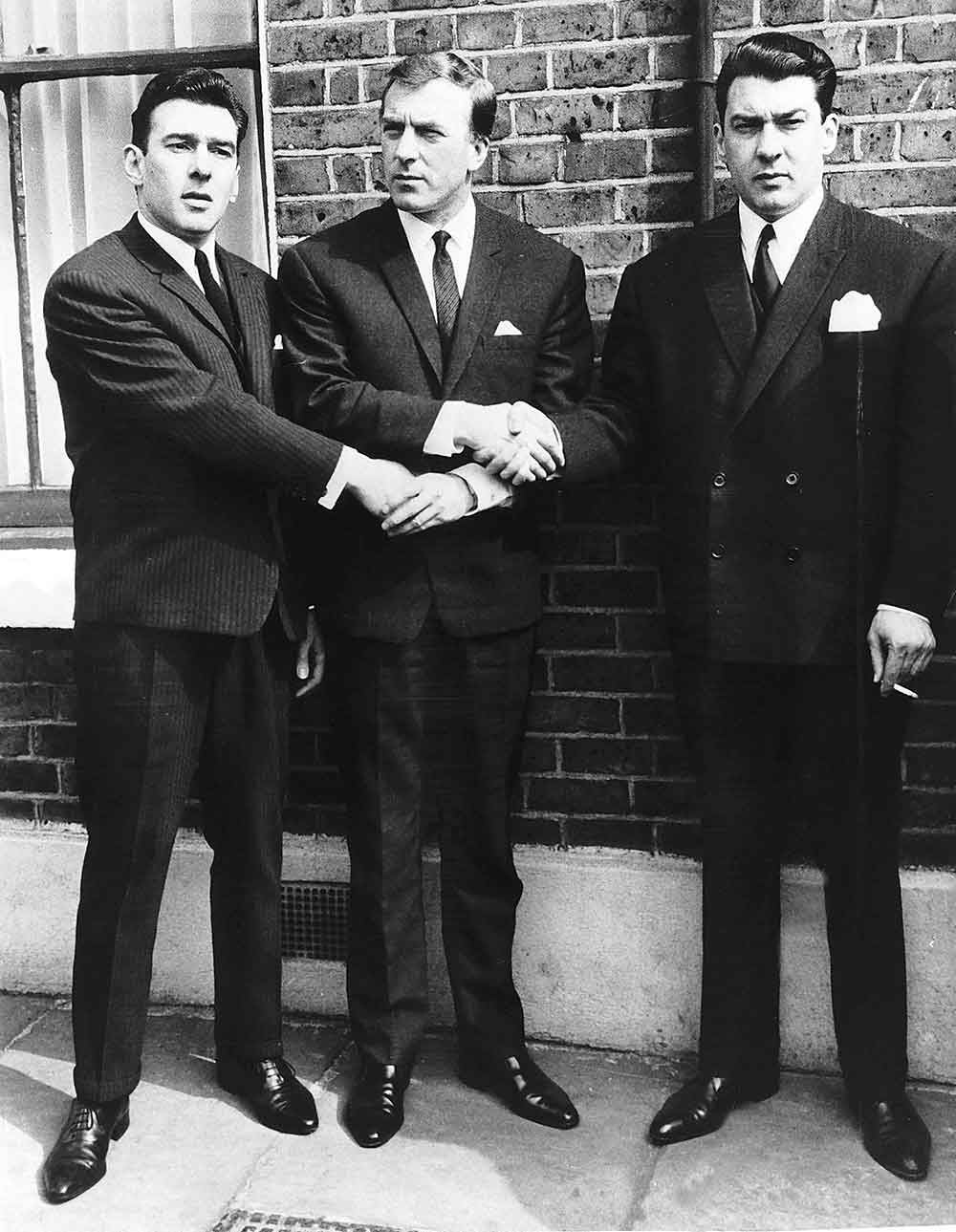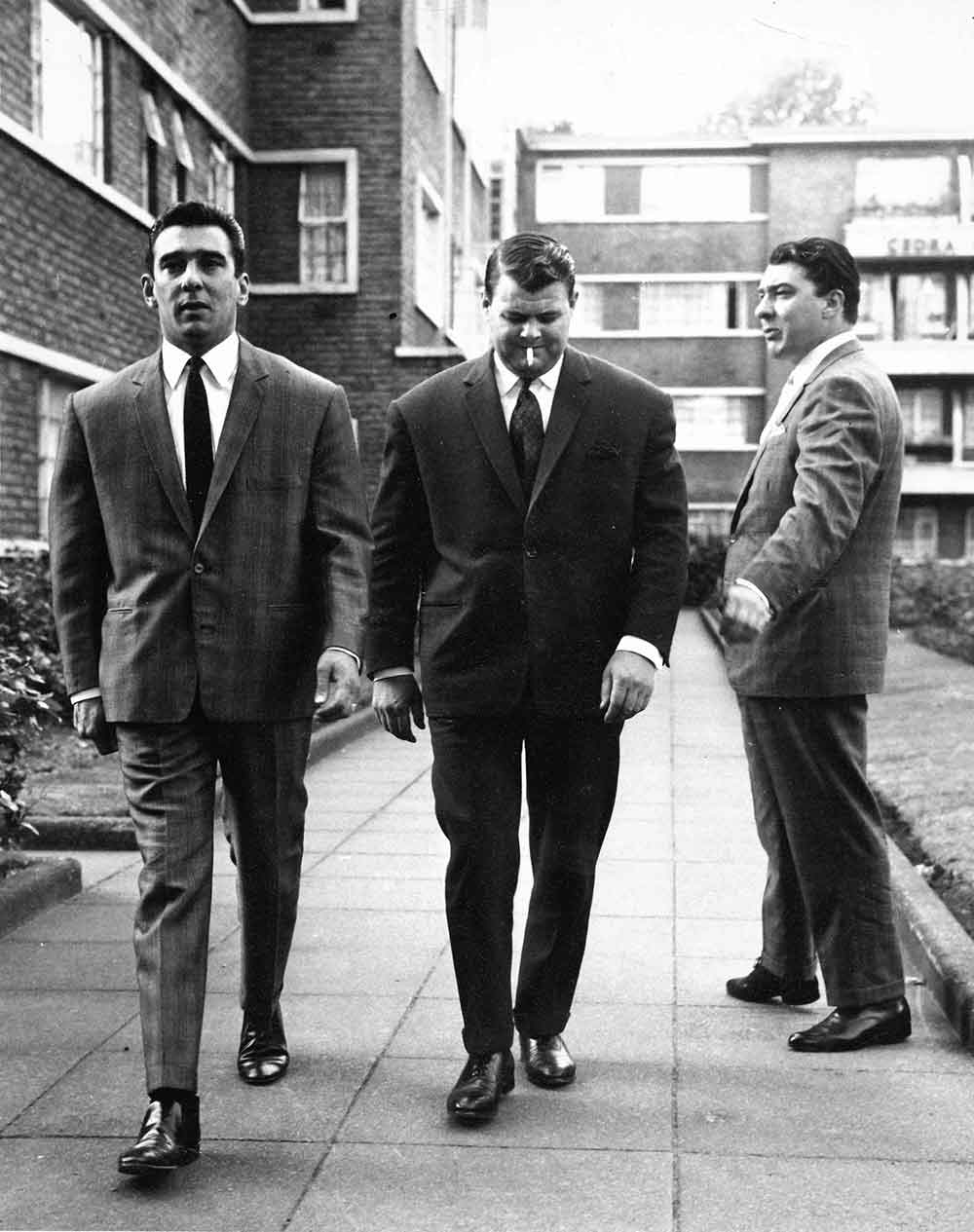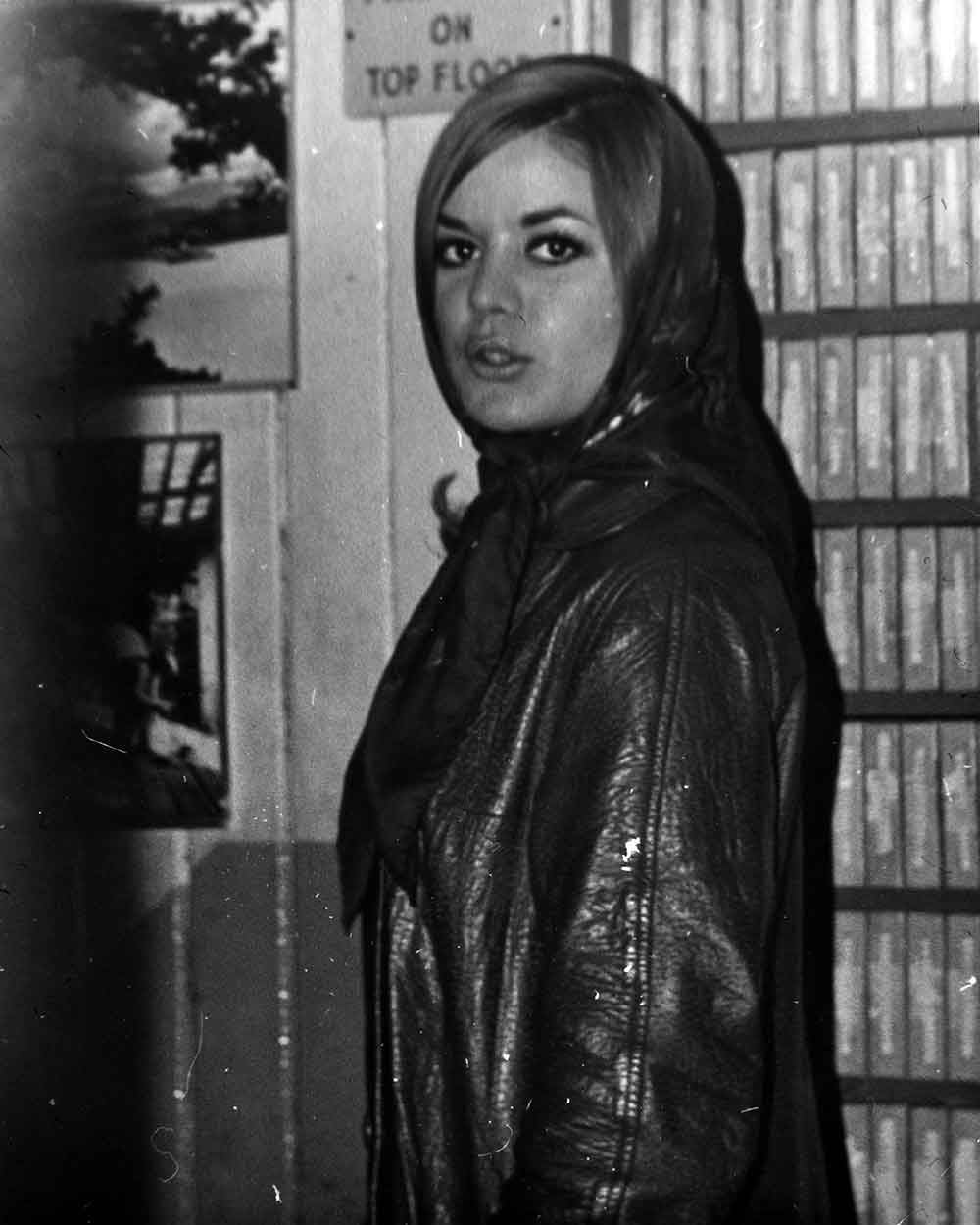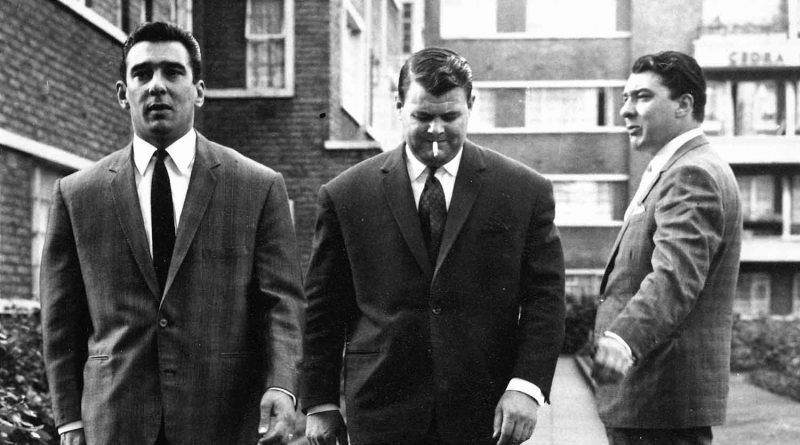Book Review: ‘Krays: The Final Word’ by James Morton
‘This boy has been beaten by beasts’ are the first words in Krays: the Final Word, spoken by a Thames Court magistrate investigating the assault on a boy called Roy Harvey who was allegedly beaten with chains by the Kray Twins and their friend Patrick Aucott in Mare Street, Hackney. This was the first time the Krays were to make an appearance in court records but the case was eventually dropped.
As the author points out in this thorough examination of the history of the Krays, fact and legend have become thoroughly entangled and often ‘the tendency has been…’When the legend becomes fact, print the legend’”. This book attempts to separate the factual grain from the legendary chaff.
The author does not make many attempts to explain the behaviour of the infamous brothers. However, he does pull together many different strands of their story to create a readable and convincing narrative with an eye for a telling detail. The twins were born in Hoxton in 1933, Reggie a few minutes older. They were identical as children and young men, but once they gave up boxing, Ronnie put on weight.
The boys were of Jewish and Romany descent and had an older brother, Charlie, who was seven years their senior and always seen as the least frightening of the Krays. In between there had been a sister, Violet, who died shortly after being born prematurely, possibly because her father, Charles Kray beat her mother Violet in the last stages of pregnancy.
One imagines that their background had a huge influence on the twins, however their mother Violet, like most of the women associated with the Krays, remains a rather shadowy figure in this book. Her father, Johnny ‘Cannonball’ Lee, had been a well-known boxer and entertainer, perhaps one reason why the Twins sought notoriety as well as cash.
The family moved from Hoxton to 178 Vallance Road (a two-up two-down Victorian cottage in Bethnal Green, down the road from Whitechapel tube station) before the Second World War broke out. The house has since been demolished. Charles Kray Snr was a deserter in World War Two so permanently on the run and seems to have been peripheral to the family. The Twins, as everyone knows, were devoted to their mother.
They spent a brief spell in the country as evacuees, but soon returned home to the East End which remained their main residence, although Reggie at one point in his criminal career owned a manor house in Suffolk, complete with acres of land and a moat.
A telling detail of their early youth is that they used to sew razor blades into the lapels of their jackets (like the Peaky Blinders) and had nails protruding from their shoes.
The question of the Krays’ sexuality is dealt with swiftly. Ronnie was gay and had many young male lovers, as well as a wife or two after he went to prison. He threw parties known as ‘pink ballets’ at his opulently decorated flat in Hackney to which he invited young men as well as establishment friends such as the Conservative Lord Boothby.
Reggie was rumoured to be bisexual. His first wife, Frances Shea, asked to have the marriage annulled after a year as they hadn’t had sex since their wedding day. The marriage began badly (with Frances’ mother pointedly wearing black to the wedding), continued disastrously and ended with Frances’ suicide. Reggie had male lovers in prison although he claimed the relationships were non-sexual.
In a single sentence in the final chapter of the book, the author dispatches the most eye-popping confession made by Ronnie to biographer John Pearson, that he and his brother had had sex with each other as young men because they were scared of getting caught. Homosexuality was of course illegal at this time.
But of course it wasn’t sex that defined the Krays, so much as violence. The book explains a great deal of how the Krays and their ‘Firm’ built their empire, starting with a few clubs (the Double R in Bow) ‘spielers‘ or underground gambling clubs (the Green Dragon in Aldgate) and of course pubs (like the Carpenters Arms in Cheshire Street).
They also ran protection rackets and ‘long firms’, a well-known con involving apparently legitimate businesses that suddenly go bust and disappear with all their stock. They eventually had clubs in Soho and the West End as well, although according to the book, they were never seen as major players.
The murders are dealt with in detail and the accounts the book gives generally are very convincing. There is a lot of confusion and mystery surrounding the Krays activities (one ‘victim’ was once found alive and well in the East End) but the book does a good job of untangling the often conflicting stories told by those involved.
What becomes fairly clear is that what may have begun very much as business for the Krays eventually ended up as blood-lust. The description of the execution of Jack ‘The Hat’ McVitie, their former employee in the Firm, by eye-witness Ronnie Bender is horrifying:
‘It was terrible. Savagery at its utmost. Reggie was foaming at the mouth like a raging bull. Have you ever seen a bull’s eyes before the toreador finishes him off? He was like that. Absolutely gone. Blood was everywhere’.
Reggie’s comments on the murder were somewhat different. ‘I did not regret it at the time and I don’t regret it now. I have never felt a moment’s remorse’, he is recorded as saying after he was finally sent to prison by the redoubtable detective ‘Nipper’ Read. One of the other Firm members, Hart, had ‘finer feelings’, as the author sardonically notes: he never ate a McVitie biscuit again.
This is definitely a book for Kray completists more than the casual reader. It gives a very thoroughly researched account of the background of the Krays, their criminal empire, their friends in high (and low) places and their quirks and tastes (Ronnie wore black silk socks, gave away his shirts after wearing them and loved opera, Reggie collected art, for example).
Sometimes it would have been good to have more psychological insight, especially into the women in the twins’ lives, but nonetheless this is a fascinating story of two of the monsters of the twentieth century and the often hypocritical society that produced them.
Krays: The Final Word by James Morton was published by Mirror Books in 2020.
If you liked this, you might also like to read Tabitha Potts’ review of My Dad, the Guv’nor.
